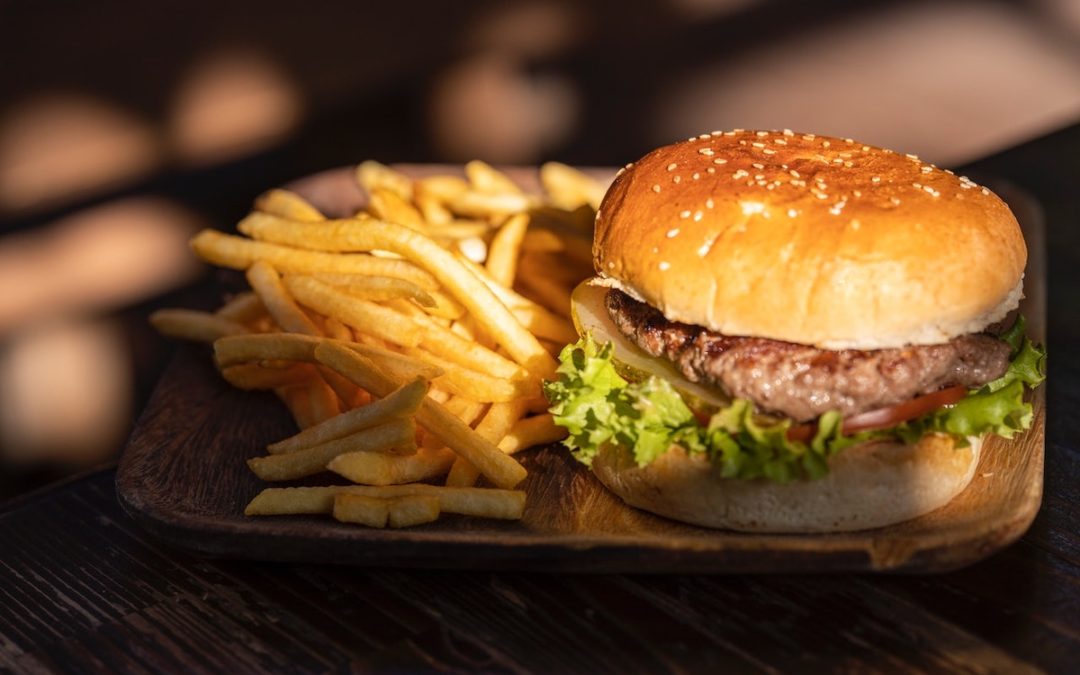Trade marks on the Grill
The famous Australian burger chain known as Grill’d released a contentious advertising campaign to promote its healthy fried chicken (“HFC”) burger range. This case highlights the way in which slogans derivative of a competitor can be legally used.
Grill’d used their ad to attack the quality of KFC’s burgers, highlighting the additives and preservatives secretly used in KFC burgers. Grill’d publicly revealed their recipe to demonstrate that the HFC range uses gluten-free, ‘healthy’ fried chicken made without any artificial colours, flavours or preservatives. The advertisement campaign aimed to encourage other food brands to be held accountable for the ingredients used within their food by shaming KFC for their ‘secret recipes’.
Grill’d came under scrutiny by making a parody of the well-known “Did…someone say KFC?” ads, with the almost identical “Did…someone say MSG?” slogan. This is not the first time fast food competitors have commenced litigation relating to trade marks. McDonalds initiated proceedings against Hungry Jacks in August last year over the purported deceptive similarities between their ‘Big Mac’ and Hungry Jacks’ ‘Big Jack’. In response, Hungry Jacks also released a series of television advertisements with slogans such as “They reckon Aussie’s are confusing the Big Jack with some American burger… but the Big Jack is clearly bigger”. The recent emergence of these disputes is a timely reminder of the importance of registering trade marks when operating a business.
Phrases as trade marks
A trade mark can be any word, phrase, logo or other feature which distinguishes your goods and services from that of other traders. Registering that trade mark gives the owner exclusive rights to use, sell and license their trade mark, protecting them in the event that someone else infringes on their intellectual property. There are also other benefits of registering a trade mark including increasing brand awareness and exclusivity.
The trade mark must be something that is distinguishable from other goods or services, as exclusive rights to everyday language, names or descriptions are difficult to register. For a trade mark to be registered, it must be sufficiently distinctive from existing trade marks so that it does not exhibit deceptive similarity. It also must be more than merely descriptive, as held in a recent craft beer trade mark dispute. A trade mark must be considered in its entirety.
In Grill’d’s case, the verdict is still out on whether it will fall short of the deceptive similarity limb should KFC choose to sue. Grill’d will likely be unable to find any refuge in the slogan being merely descriptive, as it does not just describe their product – instead, it highlights KFC’s ingredients.
How Etheringtons Solicitors can help you with your trade marks
A solicitor at Etheringtons Solicitors can provide clarification of the relevant law and its relation to your individual circumstances. Furthermore, Etheringtons Solicitors can assist in applying trade mark law for a slogan for your business, or in the event that someone copies it with an intent to deceive a consumer.
If you need further advice or assistance with intellectual property law matters, please contact one of our experienced solicitors on (02) 9963 9800 or via our contact form here.

